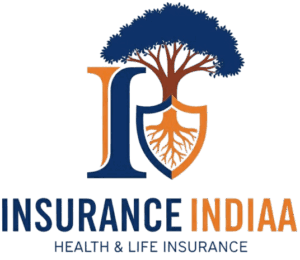The case of the fatal attack on Saif Ali Khan and his emergency hospitalization has once again highlighted the importance of health insurance. Medical emergency can happen to anyone at any time and for this it is important to know every detail about health insurance claim.
The attack on Bollywood actor Saif Ali Khan has highlighted the importance of health insurance. Medical emergency can come at any time, for which health insurance becomes very important. But it is also very important to know every detail about its claim process in advance, so that last minute stress can be avoided. Whether it is an emergency or a matter of planned treatment.
Such a claim from Saif Ali Khan
First of all, let’s talk about the insurance claim made after the attack on Bollywood actor Saif Ali Khan, so let us tell you that Saif, who was the victim of a violent knife attack, was admitted to Lilavati Hospital in Mumbai for treatment and he had a policy of Niva Bupa. A claim of Rs 35.95 lakh has been made on his behalf, out of which Rs 25 lakh has already been approved for cashless treatment. Regarding this, the health insurance provider has also issued a statement and shared the details.
Niva Bupa said that the balance amount will be settled after the final bill is submitted as per the terms of the policy. The statement said, ‘We are deeply concerned by the unfortunate incident involving Saif Ali Khan and wish him a speedy recovery. As one of our policyholders, his hospitalization triggered a cashless pre-authorization request, which we approved to start the treatment.’
It is important to know every detail related to the claim
This incident of attack on actor Saif Ali Khan highlights the fact that a medical emergency can happen to anyone at any time. In such a situation, health insurance can prove to be very beneficial. Now if we talk about the claim, then it is very important to know every detail about it.
This process in case of emergency
In a medical emergency, quick action becomes important. In such a situation, by taking some easy steps, troubles can be avoided and claims can be made correctly.
Step-1: Advance deposit may be required at the time of admission in an emergency. In such a situation, keep KYC documents for verification.
Step-2: Inform the insurance company or third-party administrator (TPA) of this situation as soon as possible through their helpline.
Step-3: Keep the patient’s health insurance card and valid photo identity. Send a request to the insurer / TPA with the help of the hospital.
Step-4: Forward medical details such as investigation reports. Keep a copy of all reports and discharge summary for personal records.
Keep in mind here that if pre-authorization is rejected by the insurance company or refuses cashless treatment. So in this situation, after discharge from the hospital, you can claim reimbursement by providing the original bills and documents to the TPA.


